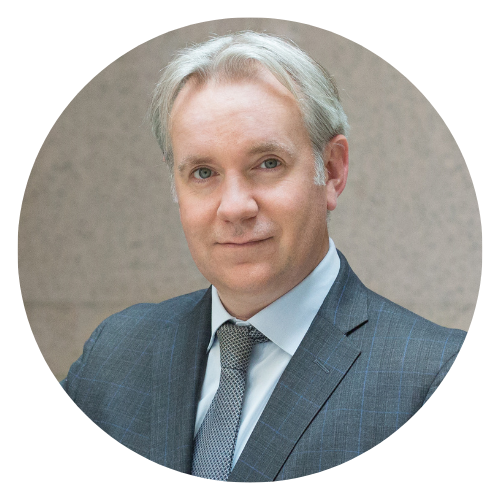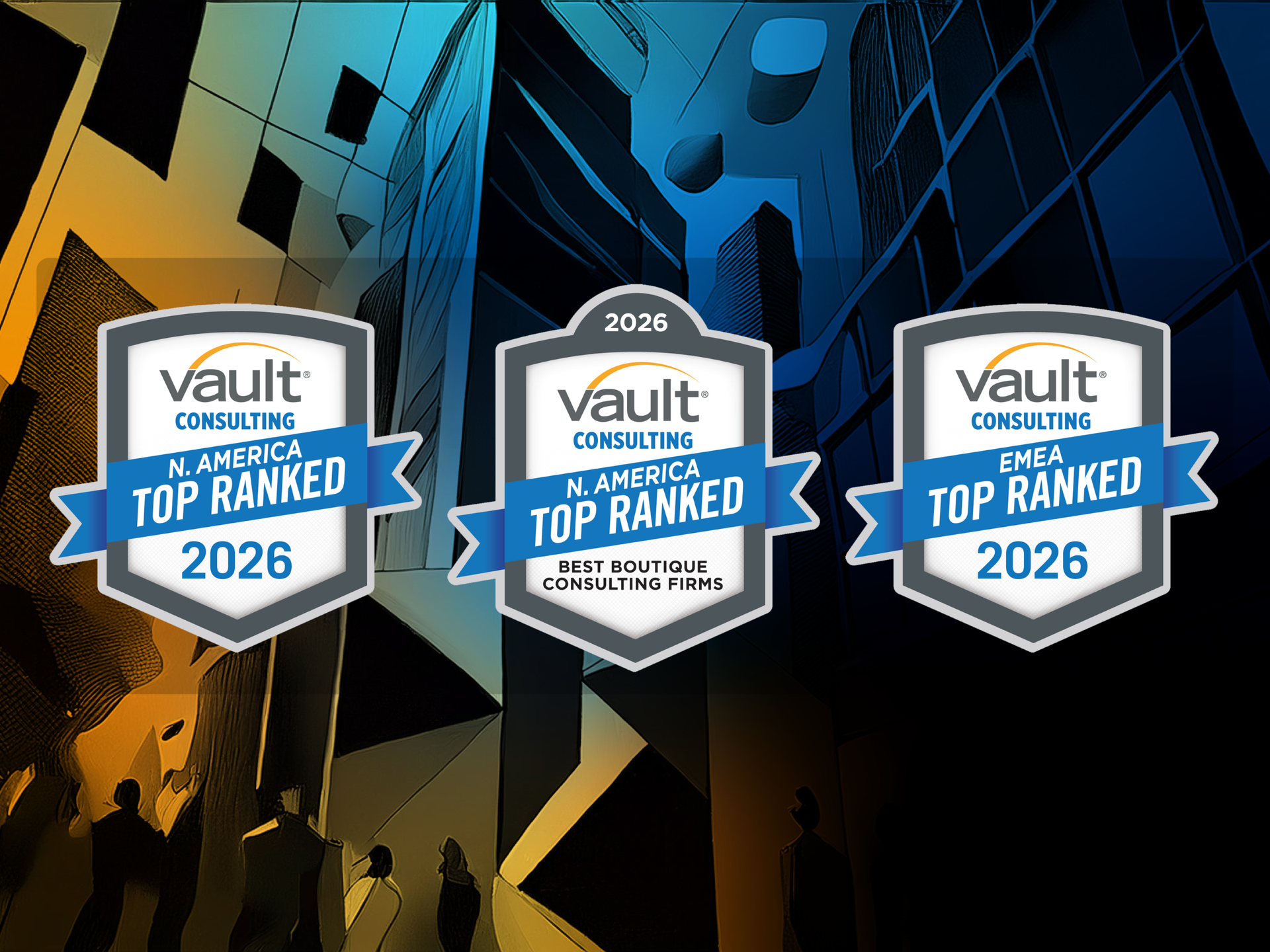Share
I was delighted to join a panel on “The Future of Diligence” at the 13th Annual Private Equity New York Forum, hosted by Markets Group on May 14, 2025. Reflecting on the session and the conference overall, it’s clear that private equity’s 2025 playbook is being shaped by a mix of urgency, innovation, and pragmatism. Across LPs, GPs, and advisors, the tone was less about waiting for a window and more about building through uncertainty.
Here are nine themes that stood out:
1. Exit Pressure Is Defining the 2025 Agenda
Delayed exits have (in Q2) become the biggest concern for LPs, significantly outranking even geopolitical risk. With more than 18,000 portfolio companies held for 4+ years, PE is sitting on the highest level of aging assets since 2005. Liquidity is no longer a hope; it’s a mandate.
Speakers emphasized that sponsors must move toward realizations, even if the timing isn’t perfect. Continuation vehicles, secondaries, and creative exit paths are now accepted tools for managing toward outcomes.
2. Secondaries Are Now Mainstream and Strategic
Secondaries, once seen as a backstop, are now a core portfolio tool. GP-led processes are increasingly viewed not as defensive, but as strategic: helping GPs manage hold periods, pace distributions, and provide optionality to LPs.
Some firms are building direct secondary capabilities in-house, a sign these processes are now baked into forward-looking portfolio strategy.
3. Sector Dynamics Continue to Split the Market
Sector strength in deal volume is bifurcating. Healthcare, industrial tech, and mission-critical services (especially with embedded tech or compliance intensity) are seeing sustained activity, driven by durability, visibility, and buyer confidence in growth.
Conversely, consumer-facing businesses—especially those reliant on discretionary spend—are continuing to see elongated processes and softer demand. Multiple speakers noted millennials have pulled back spending faster than expected compounding challenges for consumer assets with Covid-era growth expectations.
4. Tech-Enabled Business Models Are Winning (Even Outside SaaS)
"Tech-enabled" now spans far beyond SaaS. In sectors like legal, logistics, healthcare, and education, businesses embedding data, automation, and digital workflows are commanding stronger interest and premium valuations.
Buyers are placing greater value on operational efficiency and defensibility, with digital capabilities remaining central to achieving both.
5. Healthcare Still Draws Conviction but the Playbook Is Evolving
Healthcare continues to be a top sector across growth and buyout strategies, but investor focus is broadening. Beyond traditional roll-ups, there’s increasing interest in data, compliance-heavy, and tech-enabled solutions, especially those intersecting with regulation or demographic tailwinds.
Crossover attention from growth equity and first-time funders is reinforcing momentum.
6. Thematic and Specialist Fundraising Is Driving Diligence Upstream
Sector-specific and thesis-led funds—in areas like vertical SaaS, supply chain, aging, and automation—are winning favor. They’re seen as more defensible in choppy markets and better positioned to articulate growth stories.
This clarity is reshaping diligence timelines: 30%+ of sponsors now report beginning external diligence before management meetings, up from under 10% just four years ago. Investors increasingly want to know how a business grows before committing to why it should be bought.
7. Exit Planning Is Starting Earlier, Too
At the other end of the lifecycle, sellers are planning much earlier. In 2019, only 30% of banked processes had a market study or Quality of Earnings (QoE) ahead of launch. Today, over 70% of banked processes have a market study or QoE ahead of launch.
This reflects what buyers are demanding: sharper narratives, more structured data, and a clear value creation story. Exit planning is no longer a late-stage activity; it’s becoming part of long-term strategy.
8. AI: More to Be Embraced Than Feared
For technology dominating headlines, AI was surprisingly quiet at the Forum, but not absent. The conversation has clearly matured: rather than speculative or hype-driven debate, most speakers treated AI more as an enabler rather than disruptor.
Where AI did surface, it was framed as something to embrace, incorporate, understand, and leverage, particularly in diligence situations and portfolio operations. The consensus wasn’t one of fear or existential risk, but of opportunity.
9. Market Sentiment: Uncertainty Is the New Certainty
After a volatile 2023, slow 2024, and uneven start to 2025, the outlook for the remainder of 2025 appears more stable, or at least an acceptance of what “new stable” looks like.
The asset class appears to continue having medium- and long-term health (30% of LPs plan to increase PE allocations this year), but with a heightened focus on quality over speed. Still, uncertainty remains. Many GPs are asking: will H2 2025 finally deliver what 2023 promised?
Final Word
Private equity is adapting and fast. This year’s forum made clear: this isn’t a market for “wait and see.” GPs are being asked to exit earlier than comfortable, diligence sooner, and underwrite more creatively, all while navigating a shifting macro and consumer backdrop.
Whether H2 2025 finally delivers on the long-awaited deluge remains to be seen — but one thing’s clear: standing still is becoming less of an option.







